Want to hear more from the actors and creators of your favorite shows and films? Subscribe to The Cinema Spot on YouTube for all of our upcoming interviews!
“With everything going on, it must’ve been nice to escape into the dark for a few hours.” The sixth episode of HBO’s Lovecraft Country Season 1 is titled “Meet Me in Daegu,” written by series creator Misha Green, along with Kevin Lau, and directed by Helen Shaver (The Outer Limits, Vikings).
Some spoilers ahead for those who have not yet seen this episode or the first prior episodes of the series. If you have not yet done so, get to that now, then return to this article!
Taking place in South Korea sometime before the events of the series, this episode of HBO’s newest horror drama series focuses on Ji-Ah (Jamie Chung), a young nurse tending to patients amidst the Korean War. The woman expresses her love for others in a way that no one should ever have to feel, and by this mean a horrendous type of love. Ji-Ah is a lover of film and classic musicals — being a fan of the late Judy Garland — but also harbors a secret: she is possessed by a kumiho spirit, a Korean nine-tailed fox whose tails allow it to see its victims’ entire lives before they die. In order to become human once more, she must absorb the souls of one hundred men, or at least, that is what her mudang shaman (Alexis Rhee) says.
One day, Ji-Ah meets Atticus “Tic” Freeman (Jonathan Majors) falls in love, and she soon learns about different types of love. Her mother, whom she calls “Umma” (Cindy Chang), treats her different because she is bound to the kumiho, while Freeman and his father have a toxic relationship. Coming from the Black American man in Korea, Ji-Ah is also taught about the racism that is present not just in America, but in Eastern countries as well. Many of the Koreans that the woman interacts with hate the Japanese after terrorizing Korea. Umma tells her that Americans and Japanese are alike in that “they have no conscience” and are most possibly rapists. The American soldiers spurt racial slurs the Koreans, even at a fellow soldier who happens to be Asian too. Freeman tells her than he uses war and books to escape racism, but those can only go a long way. He says, “In America, colored folks are treated differently. We’re made out to be an enemy in our own home.”
The episode looks at the historicity of the Workers’ Party of Korea, formed in the Summer of 1949, and by the time this episode’s events are set in motion, the formation has already begun. Communism is outlawed, and the country’s political party prioritizes its military before anything else. Ji-Ah and her best friend Young-ja Unni (Prisca Kim) witness a communist spy being lynched in front of a group of Korean citizens, while American soldiers stand aside and allow this to happen, adding to the blatant racism that exists. Her friend is killed as well for her communist beliefs, but not before having told Ji-Ah, “There’s nothing wrong with being different. What’s wrong is all of [the people who are] vilifying us for it. We’re all the same. We’re all human.”
French Afro-Carribean writer Alexandre Dumas’s adventure novel The Count of Monte Cristo makes an appearance, which is a tale about deception. This is very fitting given the events of the show. Additionally, Judy Garland films Meet Me in St. Louis (1945) — from which the episode gets its title — and Summer Stock (1950) are featured in order to give the character Ji-Ah more depth.
Chung has delivered an outstanding performance, and I do hope the Television Academy will consider looking into her role in this episode (as well as, of course, Jurnee Smollett’s performances throughout the series and Wunmi Mosaku’s performance in last week’s episode). Having seen the actress in the latter two films of The Hangover trilogy, Sin City: A Dame to Kill For, and Big Hero 6 as a teenager, and in Gotham and The Gifted during my undergraduate years, Chung is much different in this series, and that’s what makes her such a terrific actress!
In “Meet Me in Daegu,” Ji-Ah eventually decides to remain a kumiho, already having ninety-nine souls inside of her — similar to the many souls that sired Freddy Krueger, although this episode is not what series creator Green is referring to. Through Dumas’s novel, Ji-Ah and Freeman learn that they must know death in order to properly live, and when they fall into love with one another, they take those chances. She tells him, “We’ve both done monstrous things, but that does not make us monsters. We could be the people we see in each other. We just have to choose to be.” However, Freeman discovers the potential evil that lurks inside her and leaves abruptly, and it is here that she herself discovers something: his potential death after his arrival back home in the mainland. Ji-Ah asks the mudang what more she could find out, but the shaman says, “Your mortal concerns are meaningless. You have not even become one with the darkness yet. You will see countless deaths before your journey is done.” This all circles back to Freeman’s discovery of translating a foreign language in last week’s episode, which comes to show that this is just the beginning.
Lovecraft Country‘s sixth episode is praiseworthy of its historical authenticity of Korea’s politic party at the time, its themes of love and racism, some classic popular culture references, and most importantly, a candid performance from Chung as a kumiho spirit. Hopefully, we get to see more of her character development and have a much larger role as the series progresses.
What do you think of the series so far? Have you seen the show yet? Let us know! For more horror, drama, HBO, and Lovecraft Country-related news and reviews follow The Cinema Spot on Twitter (@TheCinemaSpot) and Instagram (@thecinemaspot_).
Source: Bloody Disgusting
Managing editor & film and television critic with a Bachelor's of Arts in English Literature with a Writing Minor from the University of Guam. Currently in graduate school completing a Master's in English Literature.

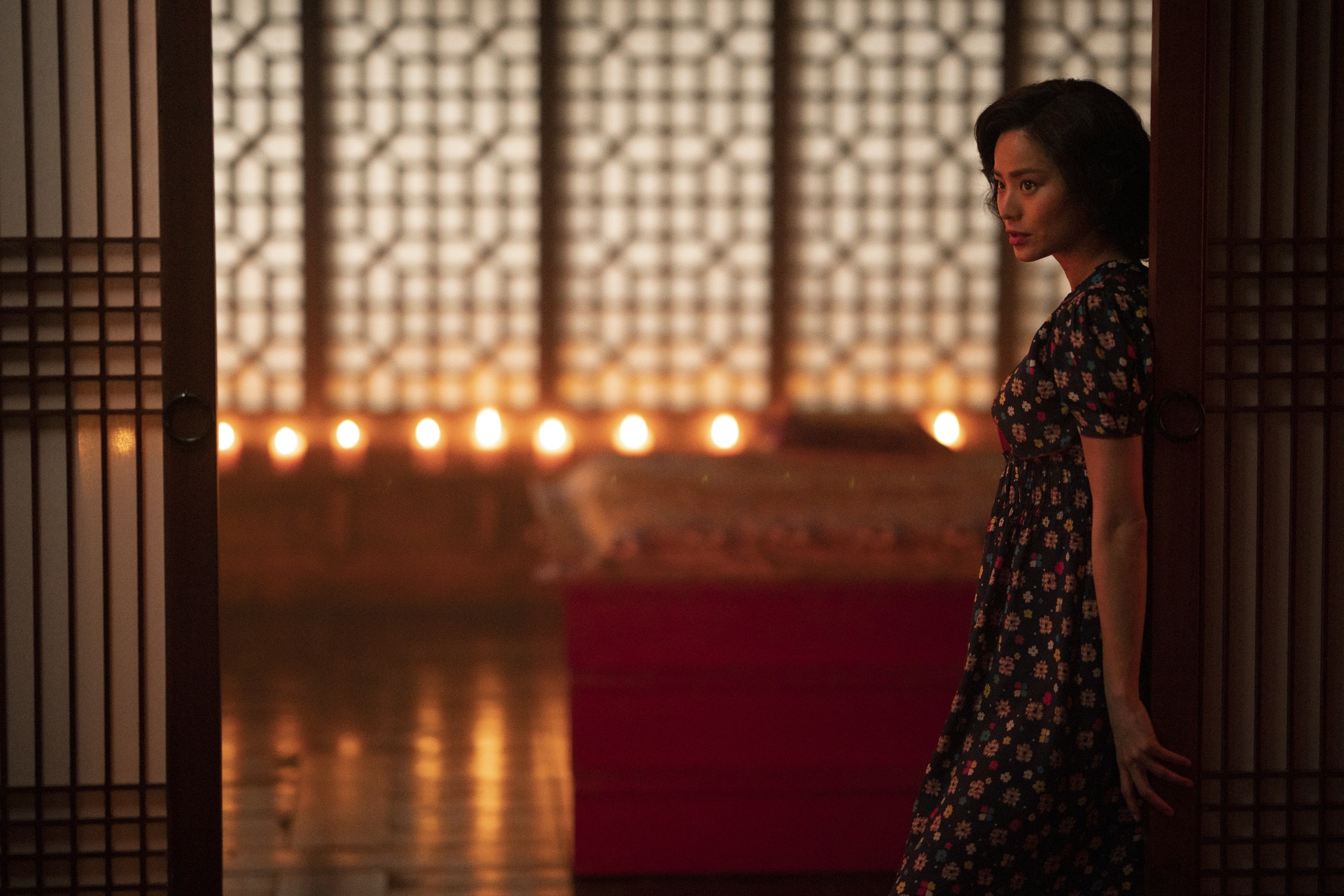
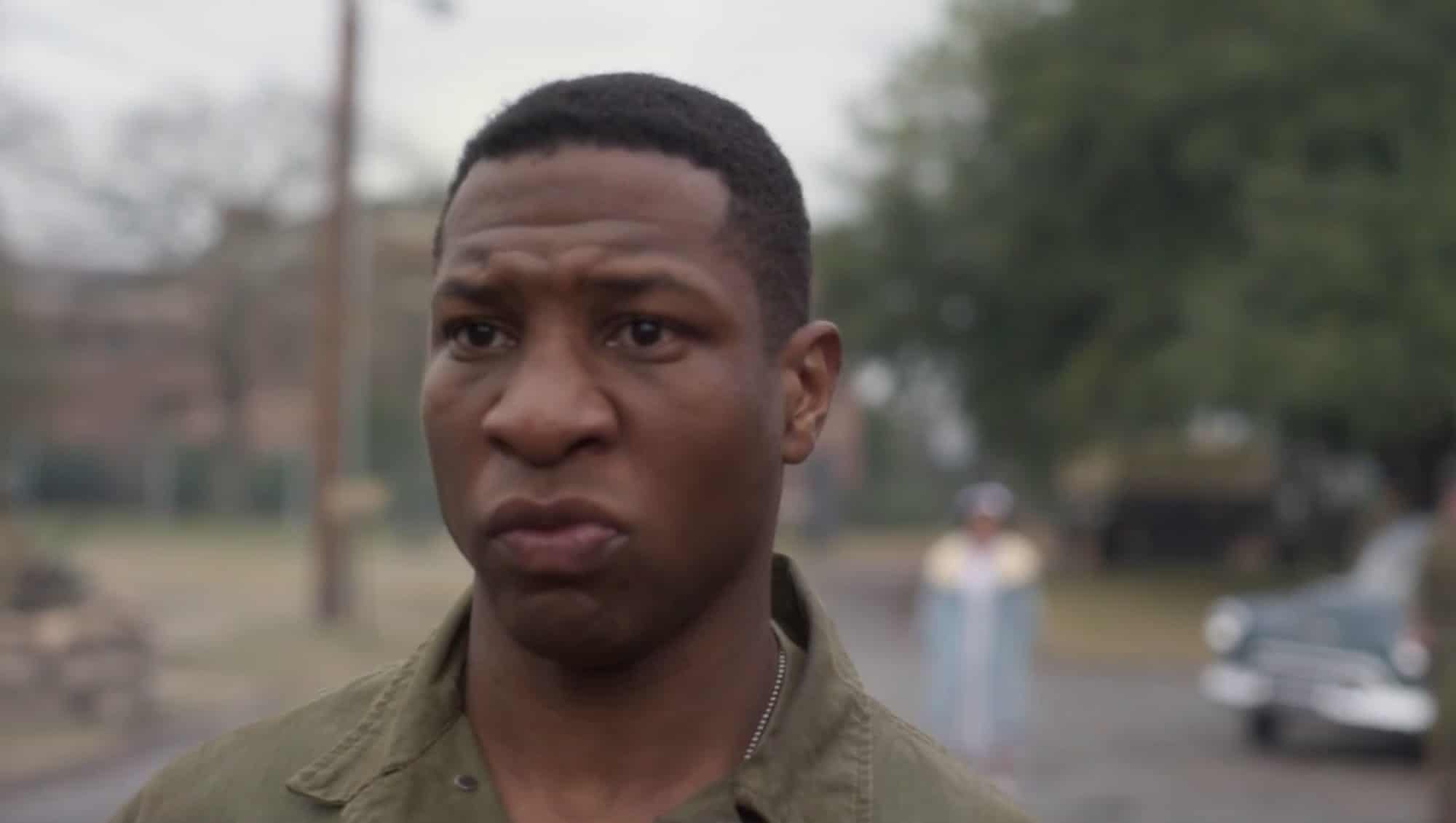
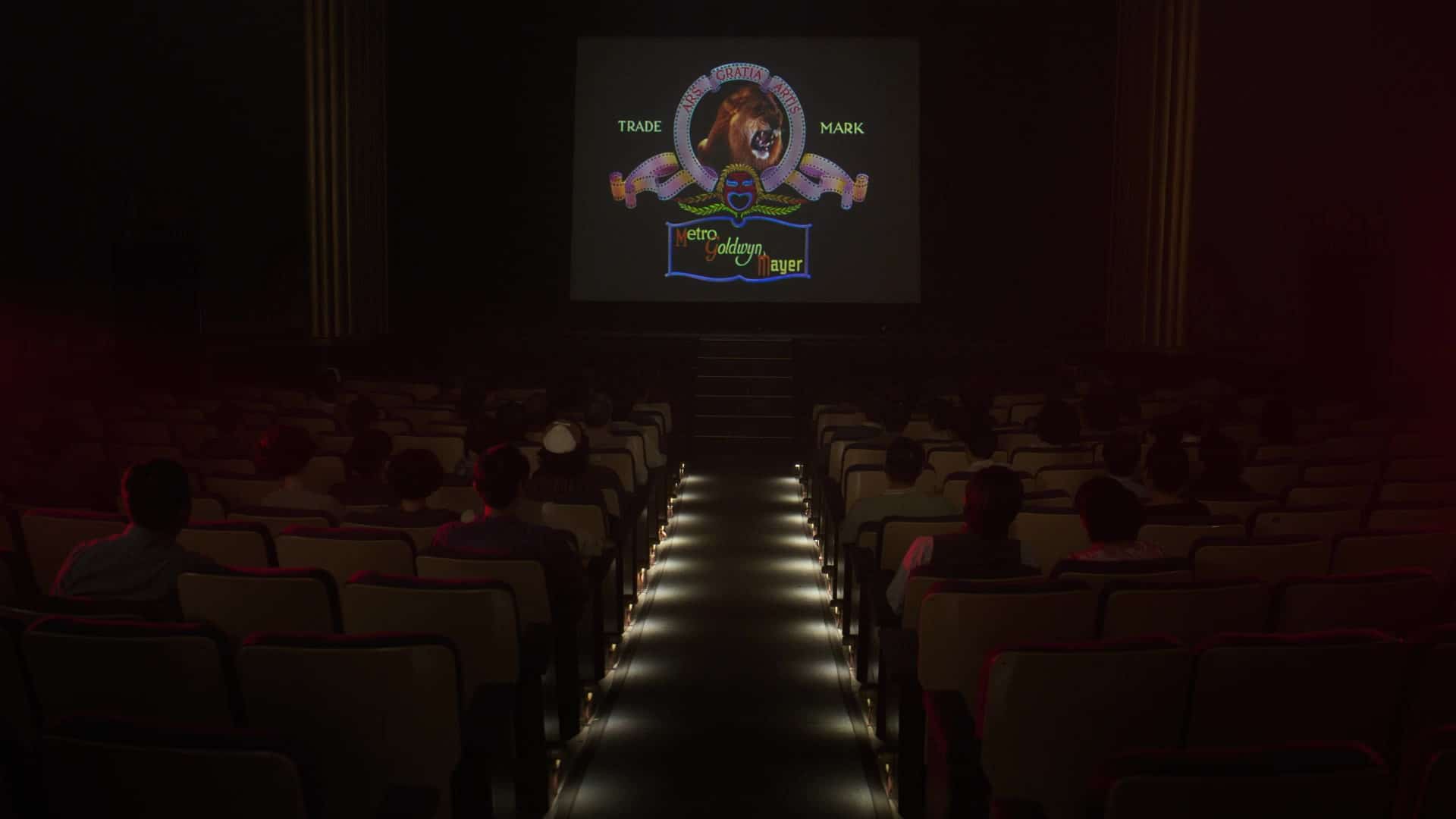
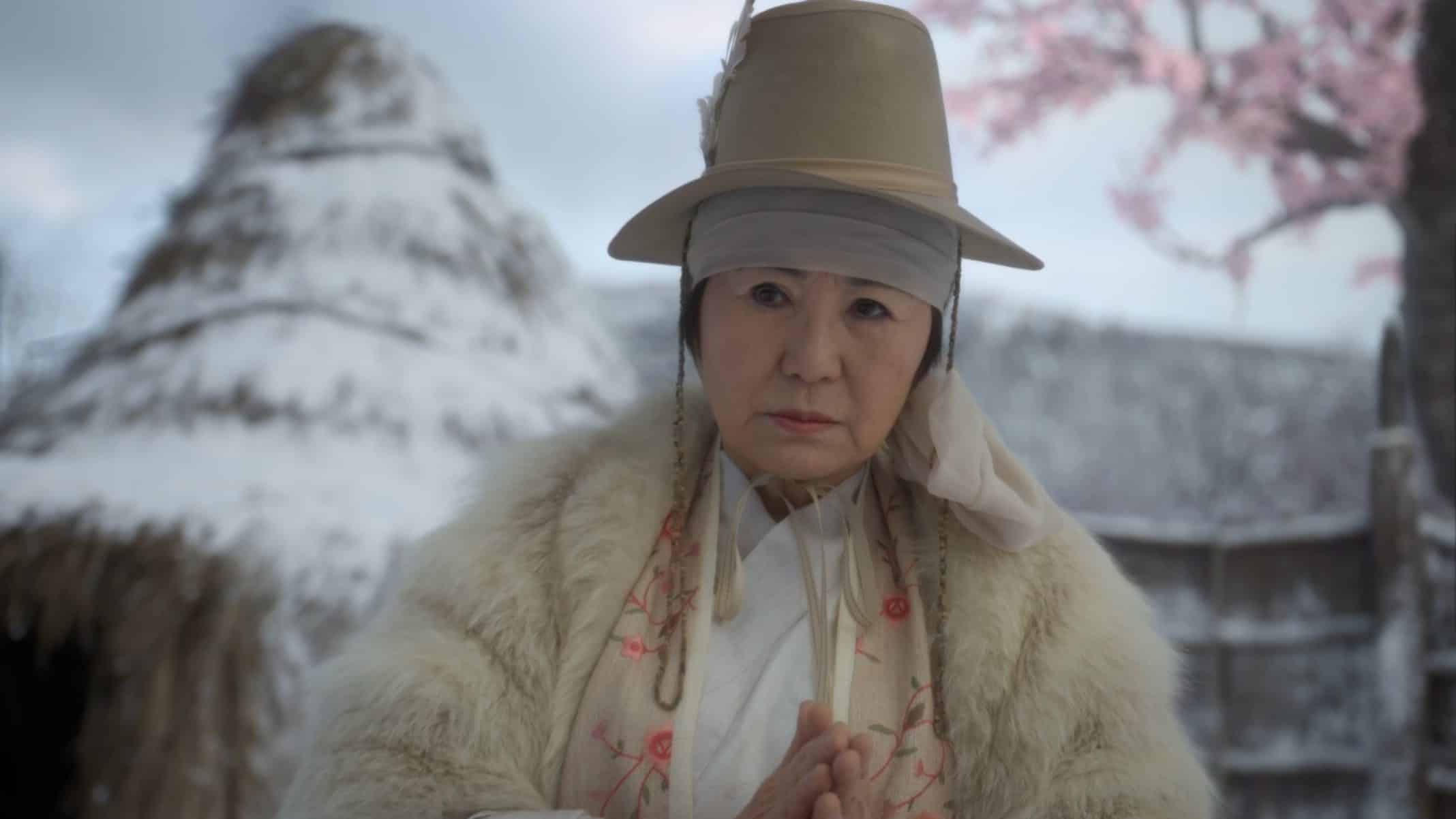
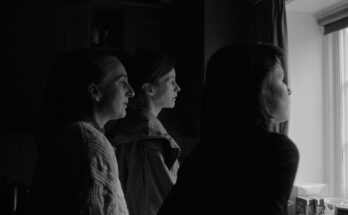


27 Comments on “‘Lovecraft Country’ S01E06 Review – “Meet Me In Daegu””